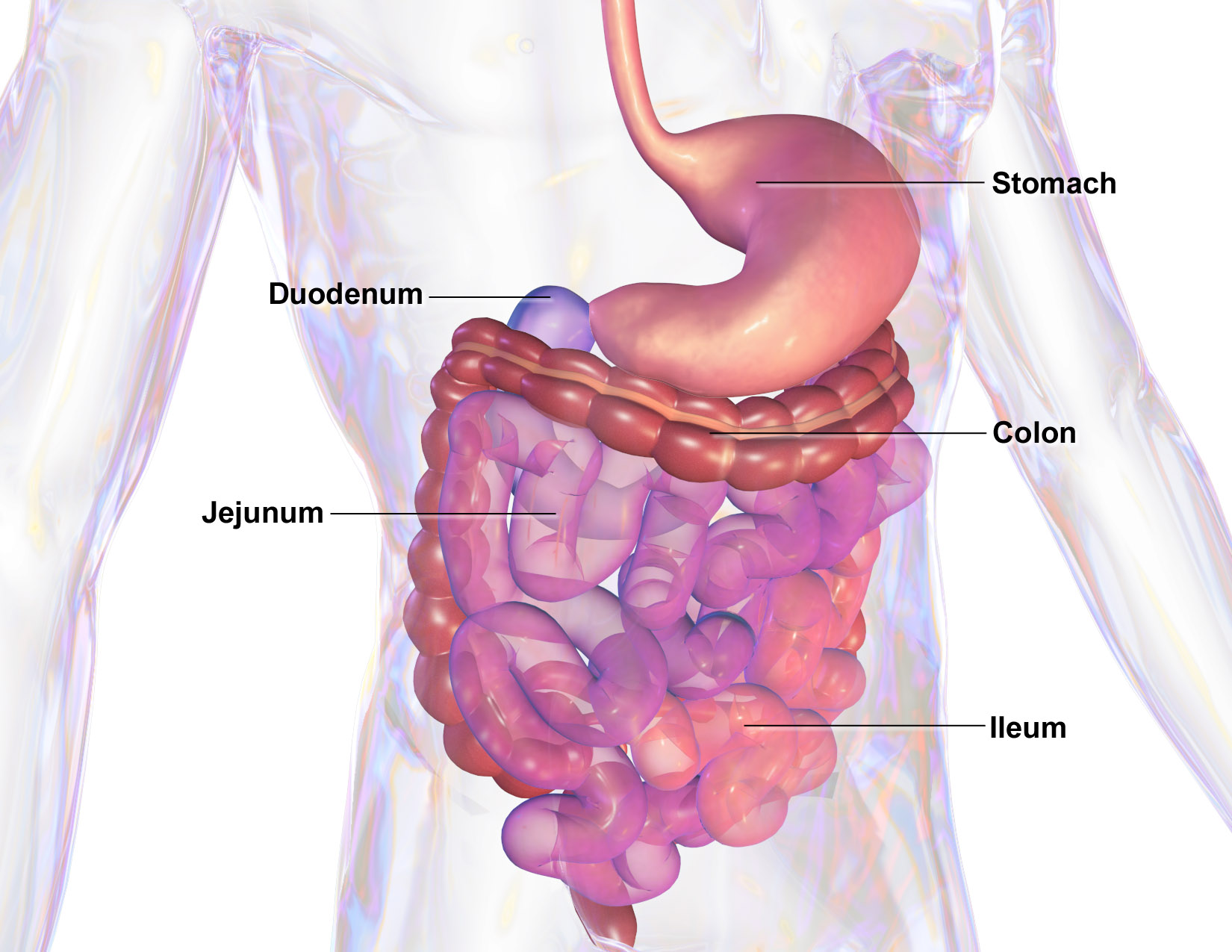Digestive health is an integral part of overall well-being and can significantly impact energy levels, immune function, and overall quality of life. Gastroenterologists, specialists in digestive health, emphasize that catching early signs of digestive disorders can help individuals seek diagnosis and care before symptoms become more complex. Here is more information on some of the early signs of digestive disorders:
Identifying Changes in Bowel Habits
One of the most frequently cited early signs of digestive disorders from a gastroenterologist relates to noticeable changes in bowel habits. Gastroenterologists explain that altered frequency, consistency, or appearance of bowel movements may indicate underlying issues. Persistent diarrhea, constipation, or alternating patterns of both could point toward conditions such as irritable bowel syndrome (IBS).
Stool characteristics also play a role. Unexplained changes in color, such as black or tarry stools, may suggest gastrointestinal bleeding. Pale stools could indicate issues with bile flow or liver function. Other symptoms, like abdominal pain or bloating, may also accompany these changes. It is worth noting that occasional variations in bowel function can occur due to diet or stress. However, ongoing or unexplained changes are worth discussing with a healthcare provider.
Experiencing Abdominal Pain and Discomfort
Persistent or recurring abdominal pain is another signal that gastroenterologists identify as a possible early sign of digestive disorders. Discomfort can appear in various forms, such as cramping, sharp stabbing pain, or a dull ache. The location and nature of the pain often provide clues about its potential causes.
Discomfort in the upper abdomen may relate to acid reflux or stomach conditions, while pain in the lower regions might point to issues with the intestines. Gastroenterologists also highlight bloating as a potential indicator. Persistent bloating, especially when accompanied by visible swelling, often signals gas buildup or fluid retention. This could be tied to food intolerances, celiac disease, or other conditions.
Recognizing Unexpected Symptoms
Digestive disorders can sometimes manifest as unexpected symptoms unrelated to the gastrointestinal tract. Gastroenterologists note that fatigue, sudden weight loss, or unexplained nutritional deficiencies may be linked to malabsorption issues in the gut. This is when the body struggles to absorb necessary nutrients.
Skin changes, including rashes or discoloration, are another example. Conditions like inflammatory bowel disease (IBD) have been reported to involve skin-related symptoms alongside digestive complaints. Gastroenterologists observe that acid reflux may sometimes present as persistent coughing or a sensation of something being stuck in the throat. This highlights the interconnectedness of digestive health and other body systems.
Find a Gastroenterologist
Awareness of these early signs enables individuals to take a proactive approach to their digestive health. Gastroenterologists suggest paying close attention to patterns or symptoms that persist or interfere with daily life. Digestive disorders can range in complexity, and seeking timely guidance from healthcare providers remains a key step toward managing symptoms effectively. By tracking bodily changes, individuals can gain a better understanding of their digestive health and detect potential concerns early. Digestive well-being plays a foundational role in long-term health, underscoring the value of staying in tune with the body’s signals.
- mylovelyfurryfriend discover expert tips on dog health
- Infectious Diseases Updates – Stay Informed, Stay Protected!
- Wegovy For Weight Loss – A Breakthrough in Managing Obesity!
- Emergency Medicine Forum – A Hub for Fast-Paced Knowledge, Support & Updates!
- Pediatrics Discussions – Insights, Challenges, and Expert Advice for Better Child Health!





Leave a Reply